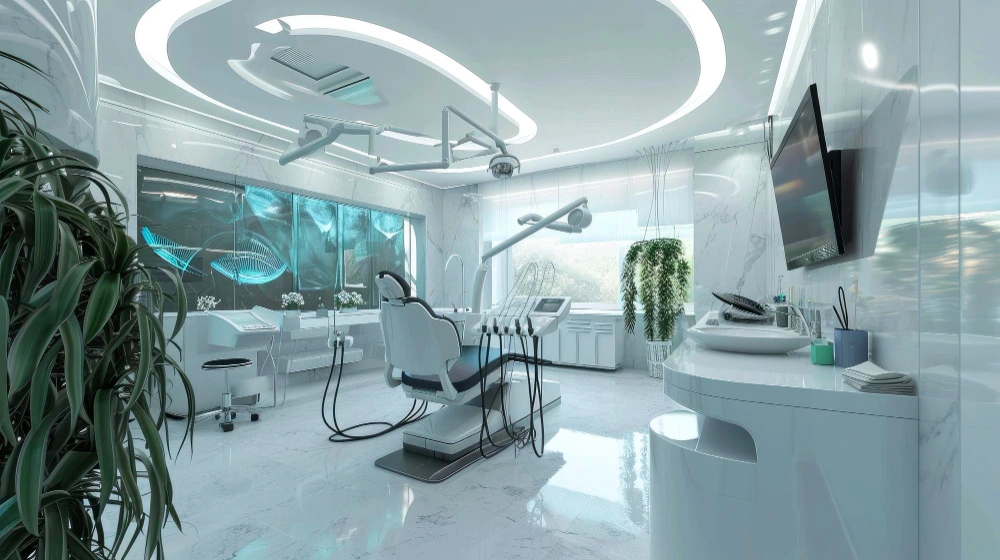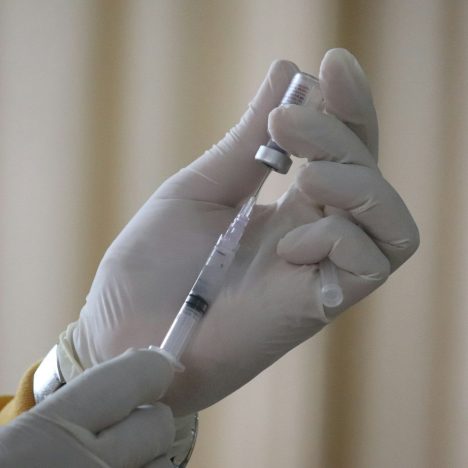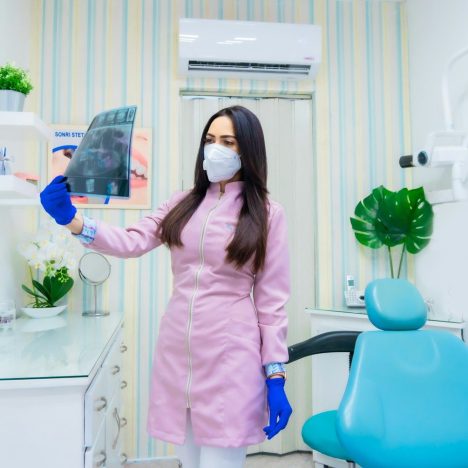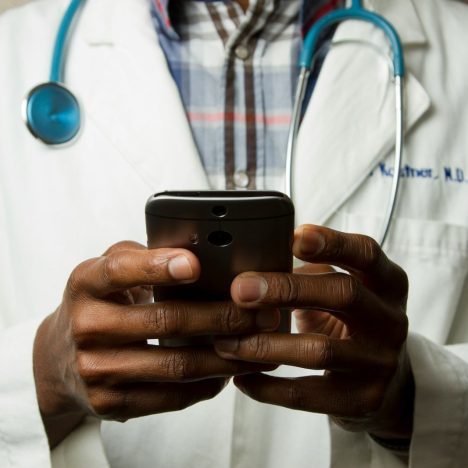The Future of Modern Dentistry: What You Need to Know

Table of Contents
- Introduction
- Advances in Dental Technology
- The Rise of Preventive Dentistry
- Digital Dentistry: The New Norm
- Minimally Invasive Techniques in Dentistry
- The Impact of AI and Robotics
- Cosmetic Dentistry: A New Era of Smile Design
- Sustainability in Dental Practice
- Personalised Dental Care for Every Patient
- The Role of Patient Education in the Future of Dentistry
- Looking Forward: What to Expect in the Coming Years
Introduction
Dentistry has always been at the forefront of medical innovation, continually evolving to meet the growing needs and expectations of patients. Over the past decade, dental care has transformed dramatically, with new technology, techniques, and materials emerging to improve both the patient experience and the results that can be achieved. From 3D printing and digital impressions to AI-driven diagnostics, the future of modern dentistry is one filled with promise and excitement. Whether you’re a patient looking for the best care or a professional keeping up with industry changes, understanding these advancements is key to staying informed. At Mega Dental Willow Grove, they’ve embraced this shift, offering cutting-edge dental care tailored to every patient’s needs.
In this blog, we will explore the most significant changes taking place in the dental industry and what you, as a patient, should be aware of as we move towards the future of oral health care.
Advances in Dental Technology
One of the most significant drivers of change in modern dentistry is technology. Over the past few years, the dental industry has adopted innovations that have drastically improved diagnostics, treatment planning, and patient care. One key area where technology has had a profound impact is imaging.
Traditional X-rays have long been a staple of dental care, but now, digital radiography has revolutionised how dentists assess oral health. Digital X-rays produce clearer, more detailed images with significantly less radiation exposure for patients. Similarly, 3D imaging technologies, such as cone beam computed tomography (CBCT), allow dentists to create a three-dimensional image of a patient's teeth, gums, and bones, offering a far more accurate diagnosis and personalised treatment plans.
The Rise of Preventive Dentistry
The future of dentistry is increasingly shifting from treating dental issues to preventing them before they occur. Preventive dentistry focuses on maintaining optimal oral health through regular check-ups, cleanings, and early detection of potential problems. This approach not only helps patients avoid painful and costly dental issues, but also promotes a lifetime of healthy habits.
With advanced diagnostic tools and techniques like salivary diagnostics and risk assessment models, dentists can now identify and predict potential oral health problems before they escalate. This proactive approach is expected to become even more central to dental care in the years to come, making it easier for patients to maintain their teeth and gums for life.
Digital Dentistry: The New Norm
Gone are the days of messy moulds and uncomfortable impressions. Thanks to digital dentistry, procedures that once required lengthy appointments and multiple visits are now more streamlined and precise. One of the biggest developments in this area is the use of intraoral scanners, which can take highly accurate digital impressions of a patient’s teeth and gums. These digital scans allow for quicker turnaround times on crowns, bridges, veneers, and orthodontic treatments, without the discomfort of traditional impressions.
Digital dentistry also extends to computer-aided design and manufacturing (CAD/CAM), which enables the production of customised dental restorations like crowns and bridges in a single appointment. This not only saves time for both patients and dentists but also ensures a more accurate fit and natural appearance.











